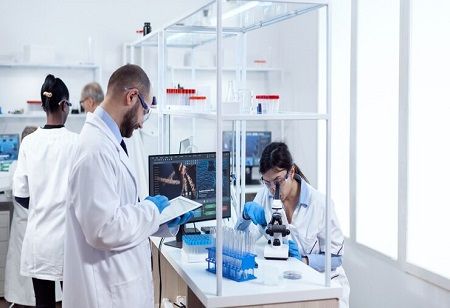India Pharma Outlook Team | Wednesday, 19 November 2025

GSK and the Fleming Initiative have declared six new antimicrobial resistance (AMR) research programmes to help in reducing the increase of drug-resistant infections.
The announcement follows the WHO GLASS report of October 2025 which estimates that one in six confirmed bacterial infections now contains antibiotic resistance. The report also estimates that the AMR-related deaths will grow by 4.71 million to 8.22 million by 2021 and 2050 respectively.
The three-year fully funded programmes will start at the beginning of 2026. Their areas of interest include antibiotic discovery, fungal drugs development, immune response modelling, prediction of pathogen behavior with AI, smarter antibiotic prescribing, and policy understanding.
The programmes will involve bringing together researchers at Imperial College London and scientists at GSK as there is increasing urgency on AMR in the industry.
Also Read: Pharmaceutical Procurement Strategies: How to Optimize Costs
Another of the most ambitious projects is Gram -negative bacteria, on which tough cell walls and efflux pumps have long been a thorn in the flesh. Imperial, GSK and Agilent will design new antibiotic candidates with automation and sophisticated modelling, which will be shared world-wide. A second programme is aimed at deadly fungal infections and it starts with Aspergillus and is aimed at determining where the current treatments are failing.
Scientists will also explore the immune system of man to the AMR pathogens, beginning with Staphylococcus aureus, to facilitate vaccine breakthroughs long overdue. On all programmes, approximately 50 new scientific and clinical positions will be developed at Imperial.
The leaders of the Fleming Initiative, GSK and Imperial added that the collaboration is one of the key milestones in reversing the trends in AMR. The partnership was initiated on the occasion of World AMR Awareness Week and 80th anniversary of the Nobel Prize on penicillin. They are aimed at creating momentum in the world and launching the next generation of antimicrobials.